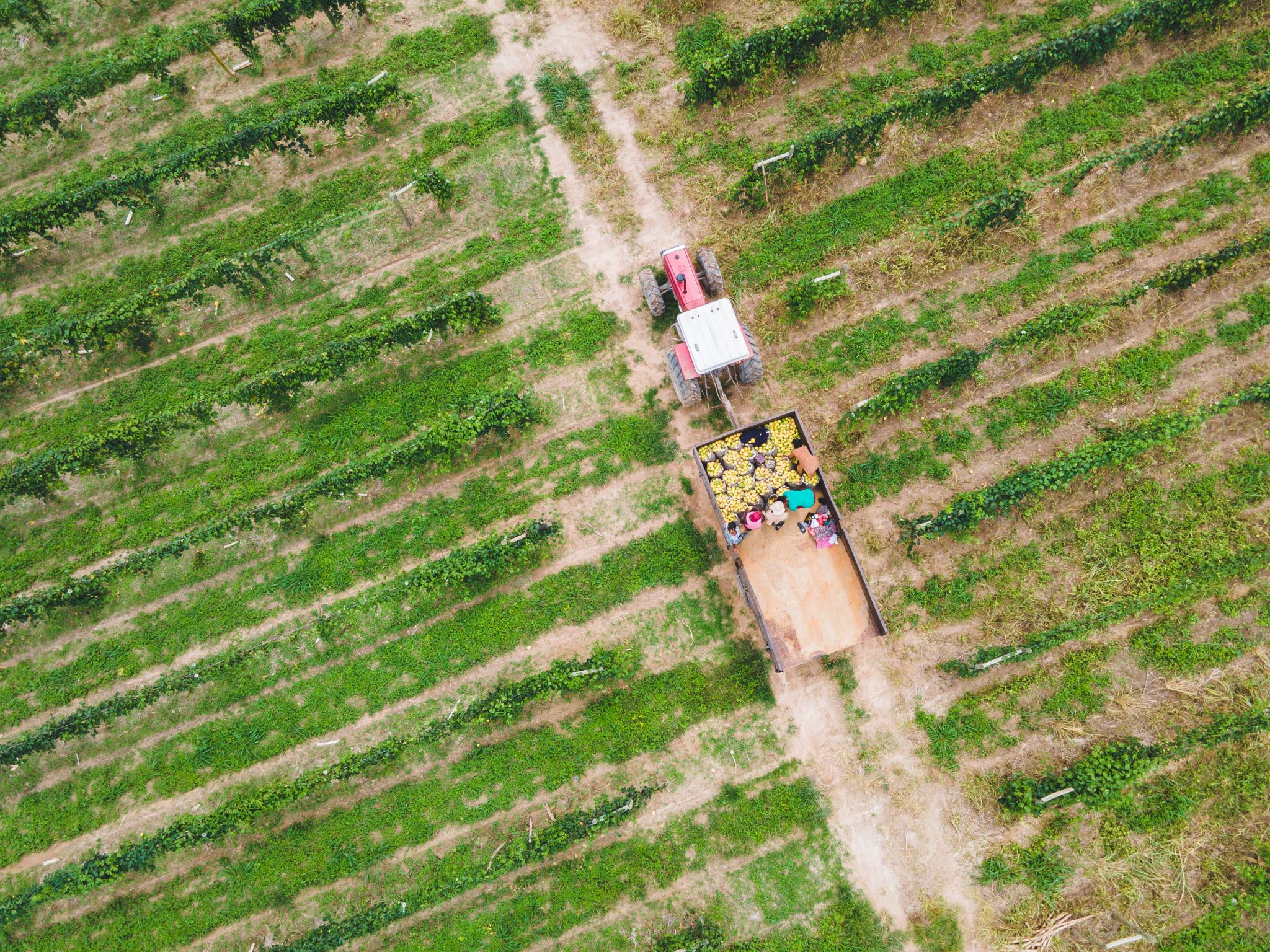Expert Advice: Overcoming Common Challenges in Ghana's Agriculture Sector
Introduction
Ghana's agricultural sector is a vital component of its economy, contributing significantly to employment and GDP. However, farmers and stakeholders face numerous challenges that hinder productivity and sustainability. In this blog post, we will explore expert advice on overcoming these common challenges to enhance the sector's growth and resilience.

Climate Change and Environmental Factors
One of the most pressing issues facing Ghanaian agriculture is climate change. Unpredictable weather patterns, prolonged droughts, and floods have devastating impacts on crop yields. Experts recommend adopting climate-smart agricultural practices, such as the use of drought-resistant crop varieties and efficient water management systems, to mitigate these effects.
Moreover, reforestation and sustainable land management can help restore soil fertility and prevent erosion. Farmers are encouraged to engage in agroforestry, which combines tree planting with cropping, to enhance biodiversity and improve the ecosystem's resilience.
Access to Finance
Financial constraints remain a significant barrier for many farmers in Ghana. Limited access to credit and investment hinders their ability to purchase essential inputs like fertilizers and machinery. Financial experts suggest that forming cooperatives can enhance collective bargaining power and provide better access to financial services.

Additionally, leveraging mobile banking technology has proven effective in reaching remote farmers by offering convenient and secure financial transactions. Encouraging partnerships between banks and agribusinesses can also facilitate tailored financial products for the agricultural sector.
Technological Advancements
The integration of technology in agriculture presents numerous opportunities to increase productivity and efficiency. However, the adoption rate remains low due to limited knowledge and resources. Providing training programs on modern farming techniques and digital tools can empower farmers to utilize these advancements effectively.
Experts also emphasize the importance of investing in research and development to introduce innovations tailored to local conditions. Collaborative efforts between government bodies, private sectors, and educational institutions can drive technological progress in agriculture.

Market Access and Value Chains
Accessing markets remains a challenge for many farmers due to inadequate infrastructure and weak value chains. Developing efficient transport systems and improving storage facilities can significantly enhance market access, reducing post-harvest losses.
Additionally, establishing direct links between producers and consumers through digital platforms can facilitate better pricing and reduce exploitation by intermediaries. Encouraging farmers to engage in contract farming agreements with agribusinesses can also provide stable market access and income security.
Conclusion
Overcoming these common challenges in Ghana's agriculture sector requires a collaborative effort from all stakeholders. By implementing expert advice on climate adaptation, financial accessibility, technological integration, and market development, Ghana can unlock the full potential of its agricultural sector. Ensuring sustainable growth not only benefits the economy but also enhances food security and improves livelihoods across the nation.
